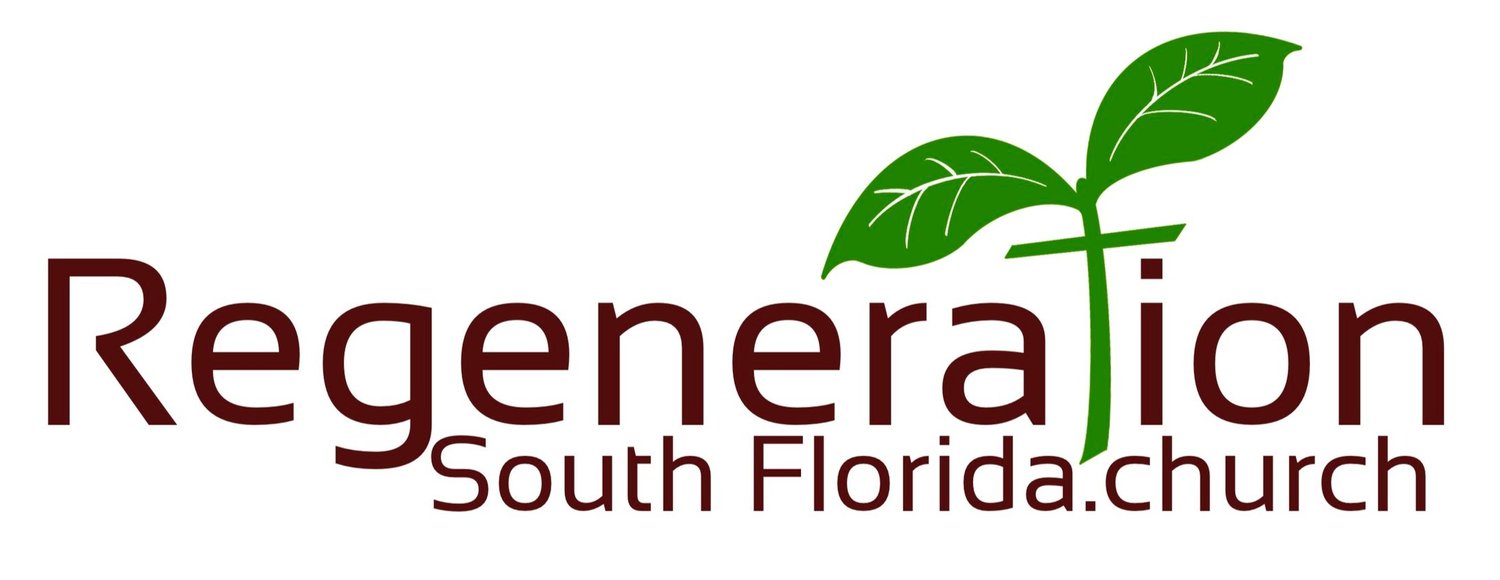Risk/Benefit
“Beth, should I take the Motorcycle to work?”
Eight lanes of rush hour traffic, weaving around trucks, zooming past minivans, checking WAZE in real time to avoid a speed trap just north of the Hillsboro exit!
We don’t own a motorcycle. Almost every time we’re on I-95 in our Blue Odyssey a biker whips around us like we’re sitting still! Even if they’re wearing a helmet I worry about them, worry about the family they’ll leave behind. I wonder who would receive their donated corneas and kidneys.
We assess risks and benefits every day. It’s as natural as breathing. We collect information from parents, friends, our doctor, our pastor and the list goes on. The internet is, of course, an infallible source of data.
Some of the information falls into the category of anecdote. When I was about 12 years old my uncle Mike had a motorcycle accident. He wasn’t wearing a helmet and spent several weeks in the ICU. I remember praying for him. The danger of motorcycles was indelibly imprinted on my young mind.
You could pull up 2015 data on the number of motorcycles registered to drive in the USA (9 million) and the number of motorcycle fatalities (5,000). A fifth grade math student could crunch the numbers: approximately 1 out of every 1,800 motorcycle riders will die in a crash.
There are benefits to riding a motorcycle. Many bikers ride safely and wear helmets. If you own or ride a motorcycle you can describe the freedom of the open road and the wind in your hair. Motorcycles are cheaper than cars to own, insure and fill with gas.
My conclusion on the risk/benefit calculation for a motorcycle: I'll drive my car to work. And wear a seat-belt. You are free to do the opposite.
I bet you’re not standing in line this weekend to buy a jet black iPhone 7 plus. I bet if you are standing in line you’ll be disappointed. It’s no accident that iPhone 7 supply is inadequate this weekend creating the perception of high demand, but I digress.
Cell phones have transformed culture, media and relationships. As a tool for communication, information and learning they are revolutionary. You’re probably reading this post on your phone.
One of the perceived risks of Cell phone usage is brain cancer. The World Health Organization has classified cellular usage as “possibly carcinogenic to humans”(1).
I think the real risk of cellular usage is distracted driving, the “Red Light Prayer”. I see drivers every day with phones in their hands. Sometimes a phone in one hand and a cigarette in the other. You've probably seen the bumper sticker "Honk if you love Jesus, text if you want to meet Him"!
You calculate risks and benefits in your faith journey. Jesus pointed to this in Matthew 16:24 “If anyone would come after me, let him deny himself and take up his cross and follow me”.
Jesus described the reverse calculation in Matthew 16:26. “For what will it profit a man if he gains (benefits) the whole world and forfeits (risks) his soul”?
I’m not sure how that lands with you. There is risk with following Jesus. It changes how you view culture and how culture views you. You might follow Jesus to crazy places like south Florida, Haiti or a majority Muslim country adjacent to a war zone. You might die. People died on crosses.
There is benefit to following Jesus. Imagine life with purpose. What if you knew why you were made, what your goals were, and you got up every morning excited about turning them into reality! What if the God of love forgave your sins and loved you so much you could forgive others and love them especially when they don’t deserve it. Because you didn’t deserve it. What if you thought about death as the beginning of the best adventure yet, perfection, peace and glory for eternity.
Benefits?
Out of this world!
1. http://www.cancer.org/cancer/cancercauses/othercarcinogens/athome/cellular-phones, accessed 9/16/16



